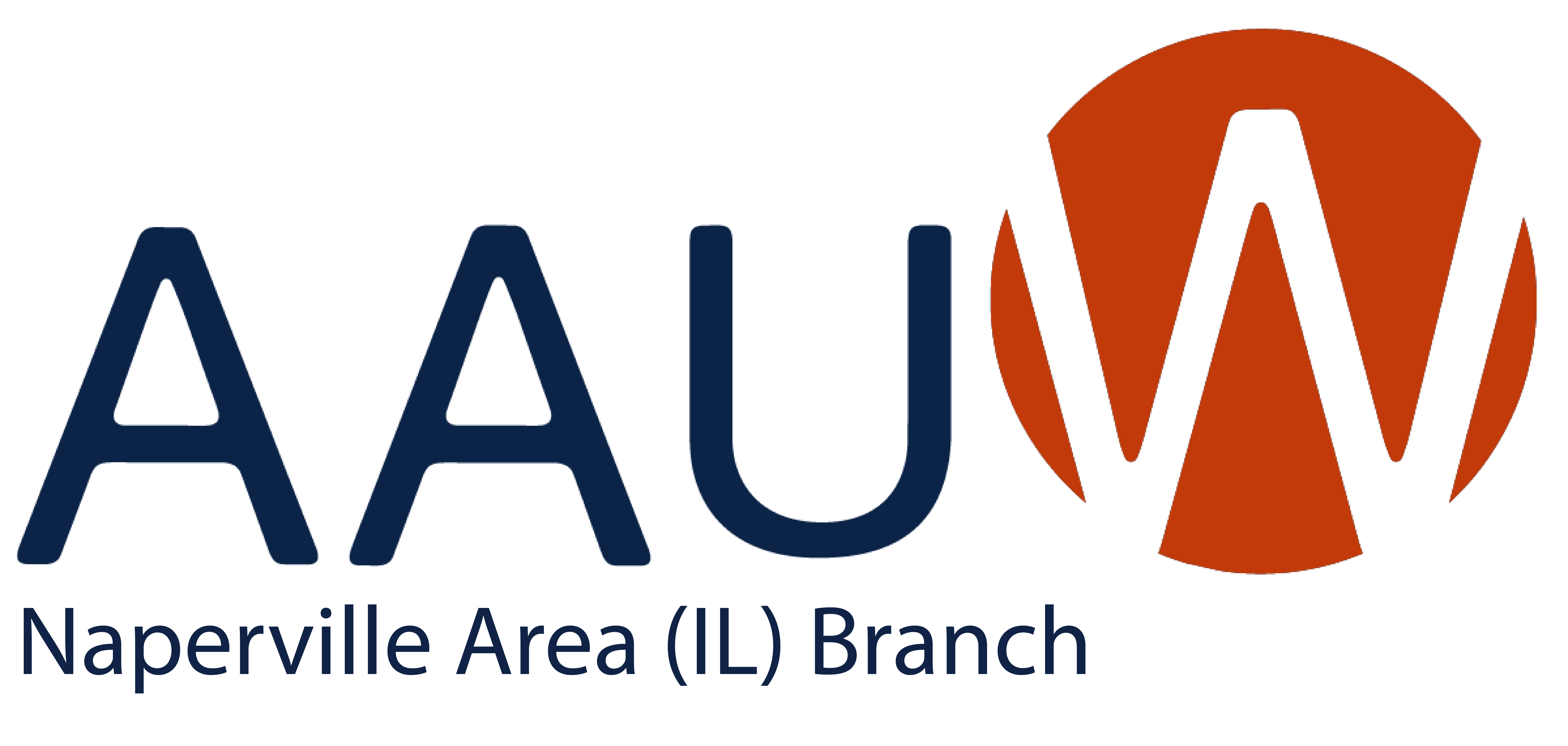Why is it Important to Vote?
In the United States, voting is a right, a privilege, and a responsibility. Citizens fought long and hard to be able to vote, yet a disturbing number of people don’t bother to cast ballots on Election Day. The right to cast your vote freely, without interference, in the U.S. sets us apart from autocratic countries. Non-citizens yearn for citizenship; for the right to vote among many other benefits of citizenship. Voting in the great equalizer – Income level is irrelevant. Every citizen gets one vote.
Your vote matters. Some people justify their apathy by saying their vote doesn’t matter. There have been elections decided by a single vote.
- Vote so you are the one picking your leaders. Choose the course of your local government and the country.
- Vote to defend your social agenda.
- Vote to protect your body.
- Vote for the next generation.
Helping to Get Out the Vote
The midterm elections are here, but voting can be confusing and overwhelming. People want to be good voters. They want to make informed choices about whom to vote for and how to vote on issues. The rise of election disinformation, coupled with the billions of dollars spent on campaign advertisements, makes it hard to sort through the facts. Voters are looking for trusted sources for information about what issues and candidates are on their ballots.
Recent studies show that communication between people with pre-existing relationships and social networks can have a positive effect on voter turnout because of the credibility inherent in personal relationships. In other words, a friend-to-friend conversation about the election can increase the likelihood that a person will vote because they know and trust their friend. Tests show that a friend-to-friend contact can increase voter turnout by up to 8% and have up to two times more impact than a cold call, text, or door knock. Remember, less than 15,000 votes decided both Arizona and Georgia races in 2020. In sum, friend-to-friend conversations can have a real impact. https://www.impactive.io/blog/largest-ever-study-on-relational-organizing-shows-8-3-percent-increase-in-turnout https://www.aclu.org/vote-your-values
Our Ballots
Illinois ballot races this fall:
- U.S. Senate
- U.S. House of Representatives Congress (17 districts)
- Governor and Lieutenant Governor
- Attorney General
- Comptroller
- Secretary of state
- Treasurer
- Illinois General Assembly (118 state representatives; 59 state senators)
- County offices (excluding State’s Attorney and Clerk of the Circuit Court)
- Judicial offices
To view your sample ballot, type your address into the form at https://ballotpedia.org/Sample_Ballot_Lookup
An excellent site for researching candidates and finding out what they stand for: https://www.vote411.org/
Learn more about the voting process this fall in our area by watching this informative webinar shared with permission by the League of Women Voters Naperville: https://youtu.be/TOD8lA0SB6A
Illinois Judicial Races
The judicial ballot is essential this fall. It will determine the future of the Illinois Supreme Court, which, in turn, will impact the continued right to seek abortion health care in our state, an AAUW public policy priority. Please consider learning more about this vital part of the ballot by joining this informative webinar brought to you by NCJWCNS: https://ncjwcns.org/events/october-spotlight/
To learn more about the judicial ballot and to help persuade others to vote to your values through letters to the editor, please click here.
708 Mental Health Board Ballot Question
If you live in DuPage or Will Counties, on the November ballot you will voice your opinion on whether the county should “continue its support of mental health and substance abuse treatment and prevention through the funding of local non-profits.” We urge you to vote “Yes”.
A “Yes” vote means continued support of the Community Mental Health Board, whose key role is the planning and funding of mental health, intellectual/developmental disability, and substance abuse services. There are over 90 such boards in Illinois.
To meet the needs of those eligible to receive mental health services, the Community Mental Health Board has broad authority to act. Some of those powers are as follows: “……in consultation with and being advised by the Department of Human Services, shall have the power to contract repair, operate, maintain and regulate community mental health facilities to provide mental health services as defined by the local mental health board, including services for persons with a developmental disability or substance use disorder, for residents thereof and/or to contract therefore with any private or public entity which provides such services.” (405ILCS20-2)
This flexibility allows Community Mental health boards to offset in a variety of ways the declining revenues from federal and state sources. Besides partially supplementing some of the cuts in revenue, involvement by local community members can focus efforts on the areas of greatest local concern and stabilize nonprofit providers with predictable support. Since the members of the board live in the community, they understand firsthand local needs and the organizations working to ameliorate those needs.
Please view this link from the League of Women Voters to learn more about 708 Mental Health Boards.
For Further Reading on the November, 2022 Election: Read AAUW’s 2022 Voter Action Guide

